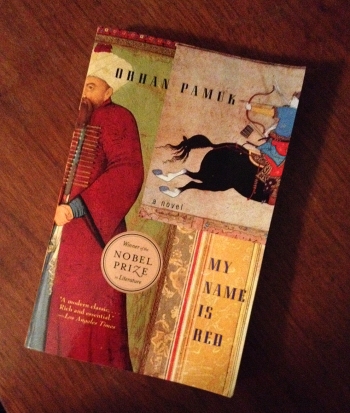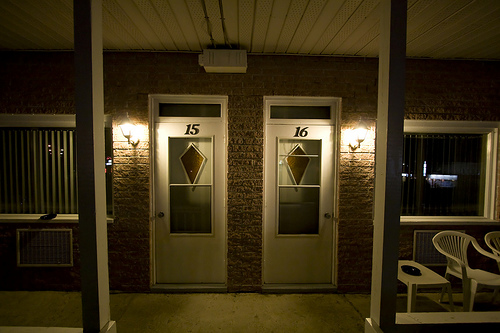Managed to finish reading two historical novels recently. Posted thoughts about them on my Long Ago & Far Away blog. (And I have no idea why this post is insisting on this strange formating but I don’t have time to fiddle with it. I need to be working on my novel – right now. Or, write now.)
Wilber Smith’s River God and The Quest – Some Observations
In my efforts to expand my exposure to Long Ago & Far Away historical fiction, it was past time that I read some Wilbur Smith. His novels of ancient Egypt intrigued me so I picked up River God and ventured in – as always without reading the back cover, reviews, etc.
From the first page I knew that Smith was writing my kind of historical fiction: accent on adventure and mostly fictitious main characters allowing lots of room to play. I am observing that, the more locked to historical figures, the more difficult it is to craft a satisfying story. (Though the likes of Sharon Kay Penman and C. W. Gortner do it with aplomb). Call me low-brow but I like heroes and villains and adventure rooted in some other world than ours – historical fiction, fantasy, sci-fi, etc. For historical fiction I want the context to be accurate but after that, I just want a good story.
So, River God: the most compelling aspect of this work is not so much the story as the voice of the main character. Our first-person hero, Taita, borders on the fantastical – no, is fantastical. He is a Renaissance Man in extreme: playwright, architect, administrator, military strategist, physician, mural painter, jeweler, hydraulic engineer, embalmer, musician – what have I missed? There are chariot battles, damsels in distress and adventures into sub-Saharan Africa. I know so little about the history or geography that, besides the epic exaggerations, I had to largely take Smith at his word on the basic facts. But it’s Taita’s voice that carries this book. His voice will stay with me when the story is forgotten.
Imagine my shock when I opened The Quest and found a third-person narrative, mostly in Taita’s point of view, but also from other characters and even much use of the omniscient. I had skipped two books in the series, so I knew there would be story I’d missed and I expected subtle changes in the author’s style but I grieved the loss of Taita’s voice for 100 pages before I finally let it go.
Also, by the time you reach The Quest, there has been a shift in genre from imaginative historical adventure to what is essentially a fantasy set in ancient Egypt/Africa. Taita is no longer simply skilled at everything. In the interim he has become a mage and a long-liver. Rather than the natural enemy of an invading force (River God) Taita is now pitted against a thousand year old witch.
I read fantasy so it should have been easy to make the transition, but it took me about as long to let the historicity go as it did to relinquish Taita’s voice. I do not want to be the one to pigeon-hole writers into strict genre distinctions but I really struggled with it. I like historical characters to take on as much of their own worldview as I can possibly comprehend, and the people of ancient Egypt would understand the world very differently from me, but that’s not what The Quest is. The Quest is fantasy – best to make that mental switch in your head before you start page one.
It would be interesting to read the interim books and observe when and how Smith makes this transition. I suspect it is gradual and would not have shocked me so if I had read the progression as written. I’d love to hear from folks who have read all four to learn if this is the case or if The Quest was a leap in style and or genre.
And, a warning about The Quest: this story is sexually visceral. For the most part, the sexuality is rooted in the themes of power, identity and transformation that run through both books, but there were bits that seemed gratuitous.
River God: Recommended – here is it’s review page on GoodReads (interesting that the reviews are mostly divided between love it/hate it. Few in between.)
The Quest: Recommended with caution – here’s it’s review page on GoodReads (also very divided opinions). And one from the Historical Novel Society.



